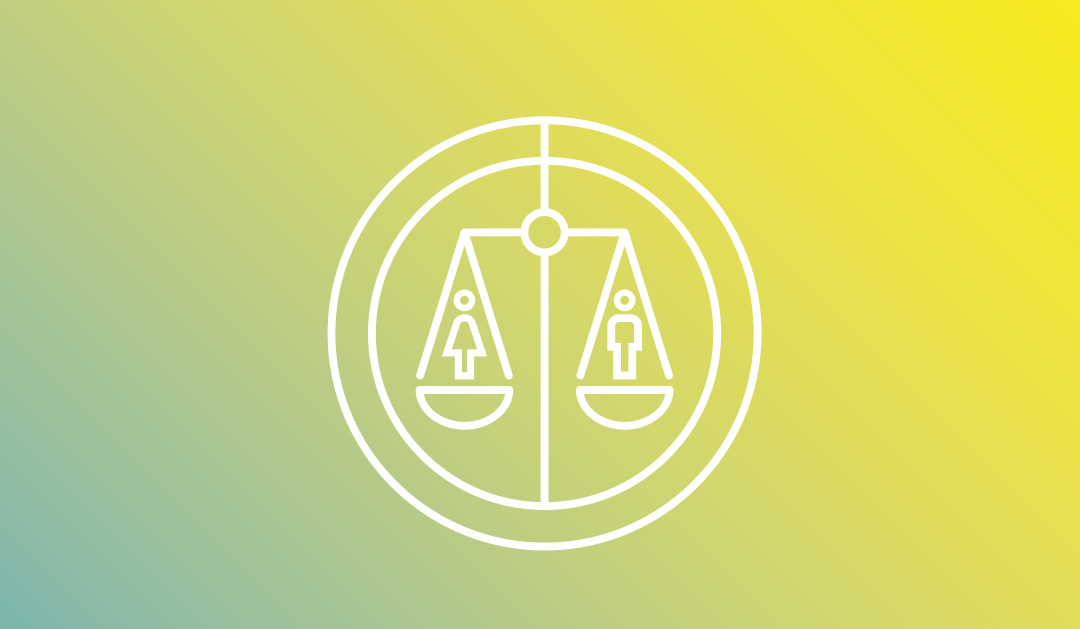Esade leads the Equal4Europe project, for the promotion of gender equality in research and education centers. The four-year initiative has been awarded three million euros and is part of the program Horizon 2020 of the European Commission. Esade coordinates a consortium of international universities and institutions integrated by Rotterdam School of Management at Erasmus University, Comenius University of Bratislava, IEDC Bled (Slovenia), ESMT Berlin, INSEAD (France), EFMD (Belgium) and NEHEM Consultants (Netherlands).
“The objective is to produce a gender equality plan for each one of the six research institutions, with four phases: diagnosis, elaboration, implementation and evaluation,” explains Anna Ginès, Equal4Europe coordinator and professor from Esade Law School. In this sense, it will start from a common methodology for diagnosis and selection of potential measures so that, subsequently, each institution adopts the ones that it thinks are most interesting for its organization.
“The European Commission starts from the basis that, to transform society, we must transform educational institutions, so that the roles we have embedded are not perpetuated in the classroom,” adds Ginès who points out that “the impact of the female researcher as a worker and in decision-making positions in a higher education” will be analyzed; and formulas will be worked on to introduce the gender dimension in teaching and research. “It is about adopting equality plans that involve an institutional transformation and a cultural change within the organizations,” affirms the expert from Esade.
Less women the higher you go
These plans are necessary because, as Ginès alerts, “the number of women decreases in the universities and research centers as you rise in the hierarchy. It’s like a leaky pipeline: from women making up 47% of PhD students, we pass to 33% of researchers and 20% full-time professors. And if we talk about management bodies, only one in five European institutions in this field is led by a woman.”
The European Commission has already funded other similar research, but largely focused on STEM careers. For that reason, Equal4Europe focuses especially on the humanities and social sciences. In addition, to ensure sustainability of the project, various actions are planned, one of which is “to create a European network of gender equality officer in research institutions that can last and that allow the exchange of experiences and good practices,” Ginès explains.
Another of the formulas to guarantee the sustainability of the project is that the consortium includes Belgium-based EFMD (a quality accreditation in management education body), in charge of granting many of the accreditations of business schools and courses. “Their commitment is to analyze the incorporation of equality standards in their accreditations that we conclude are suitable for the field of research institutions. That would oblige those who want obtain these accreditations to comply with them.”
“Our goal is to change the whole vision,” says Ginès. “In my opinion, we had bought into the meritocracy discourse based on the number of publications, citations, attendance to conferences. Now society’s discourse has changed. There are studies that affirm that at this rate we will achieve equality in 100 years and there is a part of feminism that has decided to continue moving forward to change that.”

